Recodification of the Civil Code: UNBA submitted comments and proposals
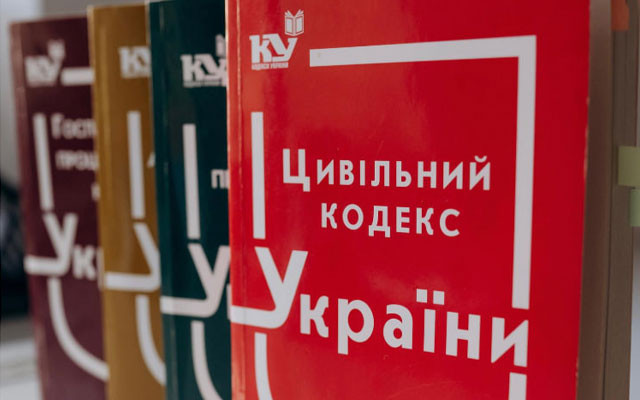
Although the adoption of the Civil Code in 2003 was a defining moment in the development of national private law, the rapid development of social relations, the emergence of new technologies, and regulatory acts necessitated a systematic update of the general provisions of civil legislation.
A group of MPs prepared and submitted to parliament two draft laws, No. 14056 and No. 14057, dated 21 September 2025, on amendments to the Civil Code of Ukraine in connection with the update (recodification) of the provisions of books one and two.
At the request of the Chairman of the Verkhovna Rada Ruslan Stefanchuk, the National Bar Association of Ukraine reviewed the draft laws and provided comments and suggestions.
In general, advocates supported the update of the Civil Code. At the same time, they noted that a number of the proposed provisions need to be revised in terms of the quality of legislative drafting, consistency with current legislation, and predictability of law enforcement.
Among the reservations expressed was the need to harmonize the provisions of the drafts with relevant laws. For example, it is proposed to supplement the Civil Code with a provision on the protection of civil rights and interests protected by law by a mediator. The new Article 18-1 stipulates that a mediator may protect a person by conducting mediation as an out-of-court procedure for settling a civil conflict (dispute) in cases and in the manner specified by law and/or contract.
Advocates have pointed out that the content of the proposed provision contradicts the Law «On mediation», according to which mediation is an out-of-court method of conflict resolution, where the parties, on the basis of an agreement, involve a third party in order to find a common solution.
The law provides that each participant may refuse the mediator and mediation. In case of violation of the mediation agreement by the participants, there is no legal liability for this. The mediator does not have the authority of a court - he cannot impose a fine, issue a ruling on the cause, or issue a separate ruling. The mediator's decision is not binding throughout Ukraine and is not enforced by the state. Furthermore, the agreement reached does not have the force of an enforcement order. Therefore, mediation is only a means of peaceful, out-of-court conflict resolution, but not a means of protecting rights.
The comments also concern: the status of children (inconsistency with the Law «On the protection of children»), discrimination on the grounds of individuality (it is proposed to regulate exceptions in the relevant law), the right to information privacy (changes to the Labor Code and the Law «On leave» are needed), as well as the registration of civil status acts (coordinated amendments to special laws and subordinate acts with clear deadlines for their adoption are necessary).
In addition, the UNBA warns against an approach whereby the expiry of the statute of limitations leads to the «loss of the right to judicial or other jurisdictional protection» (amendments to Article 256 of the Civil Code), which potentially conflicts with Article 55 of the Constitution and established doctrine and judicial practice, which considers the statute of limitations as an institution of substantive law that limits the possibility of satisfying a claim, rather than the right to appeal itself. The UNBA insists on preserving the current model.
Among other things, it is proposed to clarify the regulation of recognizing a person as missing/declared dead (in particular, with the involvement of the TCC and training centers), to maintain the current time limits in military cases; to abandon the obligation of the representative to «immediately notify» the principal and heirs of actions under the power of attorney; not to change the current wording of the provision on the right to life; to define the new institution of «guardianship» and to develop related mechanisms for it in special legislation.
The use of complex or vague concepts in the drafts is also noted. In particular, the UNBA proposes to abandon the term «emanation» and to review the introduction of «good morals (boni mores)», clearly distinguishing it from «good faith» or providing criteria for its application. Without this, the risk of arbitrary interpretation increases.
The full comments and proposals of the UNBA on draft laws No. 14056 and No. 14057 can be viewed at the link.
Popular news
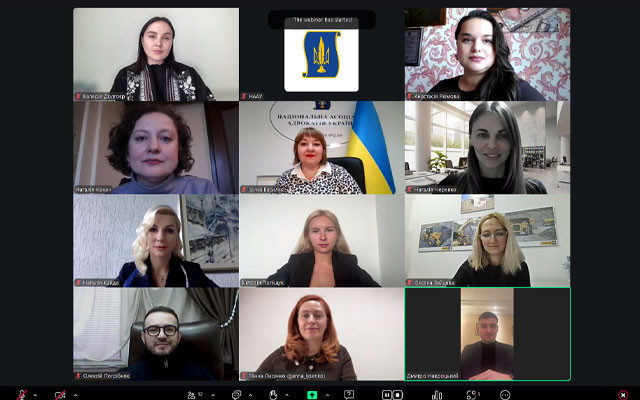
Discussion
Occupational safety during wartime: legal risks and employer liability
On October 21, the National Bar Association of Ukraine held a round table discussion on «Occupational safety in conditions of martial law». Participants discussed how the war has changed the requirements for safe working conditions, what guarantees remain for employees, and what responsibility employers bear for violations of legislation in this area.
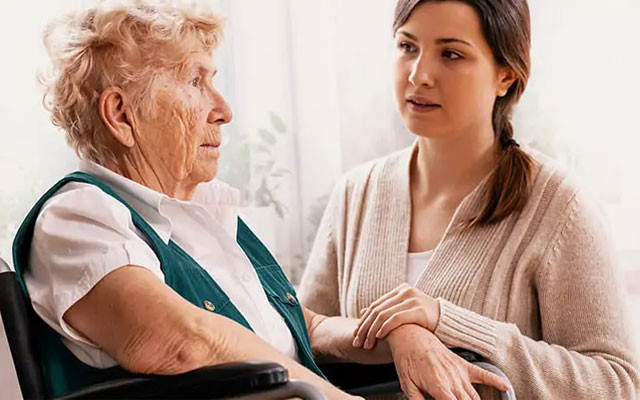
Legislation
UNBA warned about the risks of uncoordinated changes regarding incapacitated persons
The Ukrainian National Bar Association supports the idea of strengthening guarantees for persons declared legally incompetent by a court, but warns against adopting changes that are not coordinated with each other. To ensure real, rather than declarative, protection of rights, a systematic review of the provisions of the Civil Code and the Code of Civil Procedure is necessary.
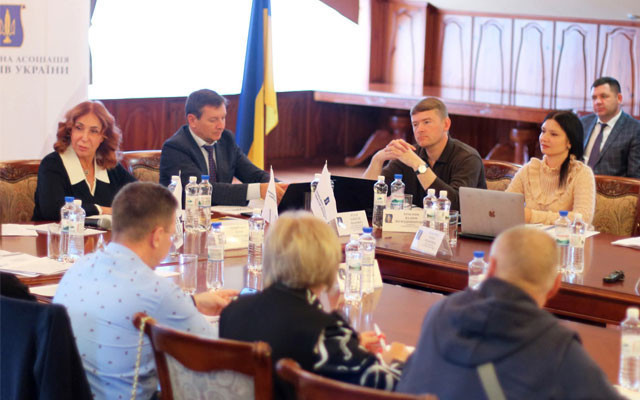
Self-government
BCU condemned information attacks on advocacy
Bar Council of Ukraine strongly condemned the coordinated campaign to discredit advocacy, in particular the leadership of the Odessa region bar association. Protecting colleagues from manipulation and misrepresentation became a separate item on the agenda of the BCU meeting on October 17–18.
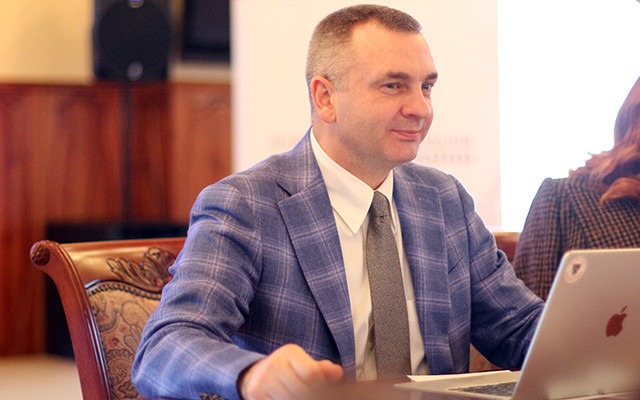
URAU
Six new advocates appear in Ukraine every day — statistics
There are almost 72,100 advocates in Ukraine. Since the end of May alone, 791 advocates have joined the national defense institute — on average, six advocates per day receive a certificate of entitlement to practice as an advocate.
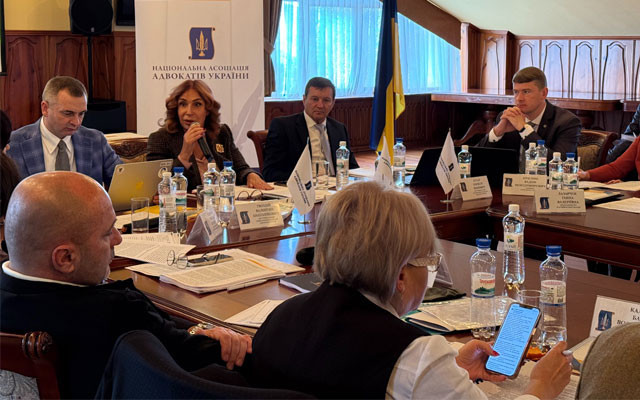
Self-government
Approaches to remuneration of advocates in the FLA system must change – L. Izovitova
Payments to advocates in the free legal aid system are made after court proceedings are completed and can take years. During this time, advocates provide protection without payment, essentially lending money to the state. This practice contradicts Article 43 of the Constitution.
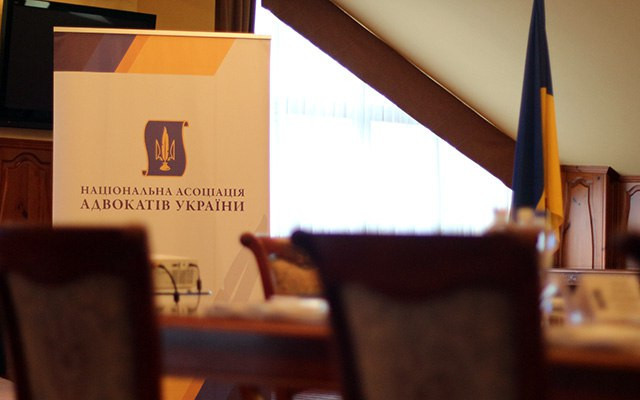
Self-government
The BCU holds its October meeting in Lviv region
The Bar Council of Ukraine is starting its next two-day meeting today, 17 October. Items on the agenda include issues relating to the activities of bar self-government bodies, the implementation of the institution's tasks and interaction, and the consideration of requests for clarification.

Legislation
Recodification of the Civil Code: UNBA submitted comments and proposals
Although the adoption of the Civil Code in 2003 was a defining moment in the development of national private law, the rapid development of social relations, the emergence of new technologies, and regulatory acts necessitated a systematic update of the general provisions of civil legislation.
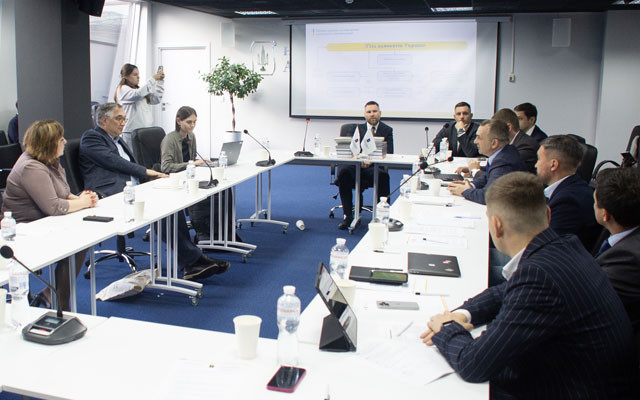
Interaction
Advocates discussed possible areas of cooperation with the business ombudsman
Protecting the legitimate interests of businesses is a common area of work for advocacy and the Business Ombudsman Council. The former is an independent constitutional institution within the justice system, while the latter is an important element of the mechanism for responding to complaints from entrepreneurs.
Publications

Censor.net Protecting advocates – protecting justice: addressing concerns about the new law

Ihor Kolesnykov A BRIEF SUMMARY REGARDING THE APPLICATION OF THE ORDER ON EXTENDED CONFISCATION IN LATVIA REGARDING FINANCIAL ASSETS OF…

Valentyn Gvozdiy WORKING IN A WAR ZONE

Lydia Izovitova Formula of perfection

Sergiy Vylkov Our judicial system is so built that courts do not trust advocates

Iryna Vasylyk Advocacy in the proclamation of Independence of Ukraine

Oleksandr DULSKY When we cross the border of the Supreme Anti-Corruption Court, we get into another department of the National Anti-Corruption…

Vadym Krasnyk The UNBA will work, and all obstacles and restrictions are only temporary inconveniences
